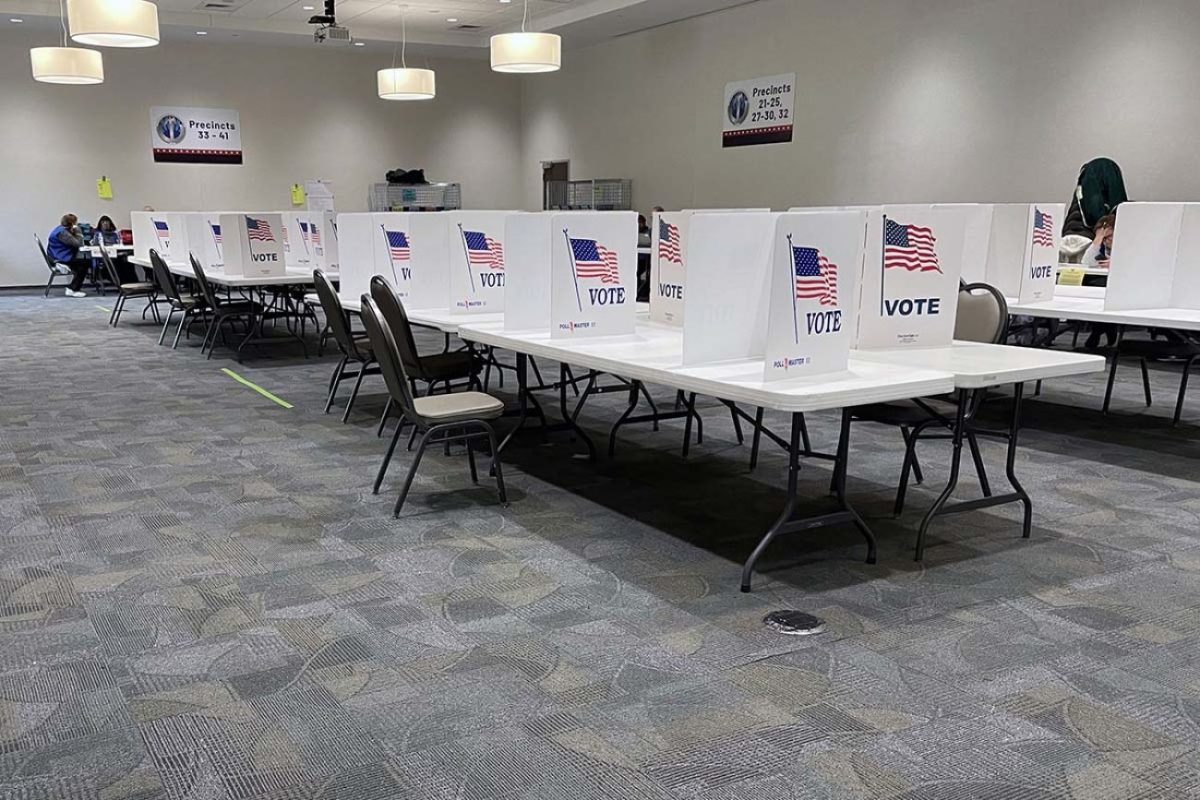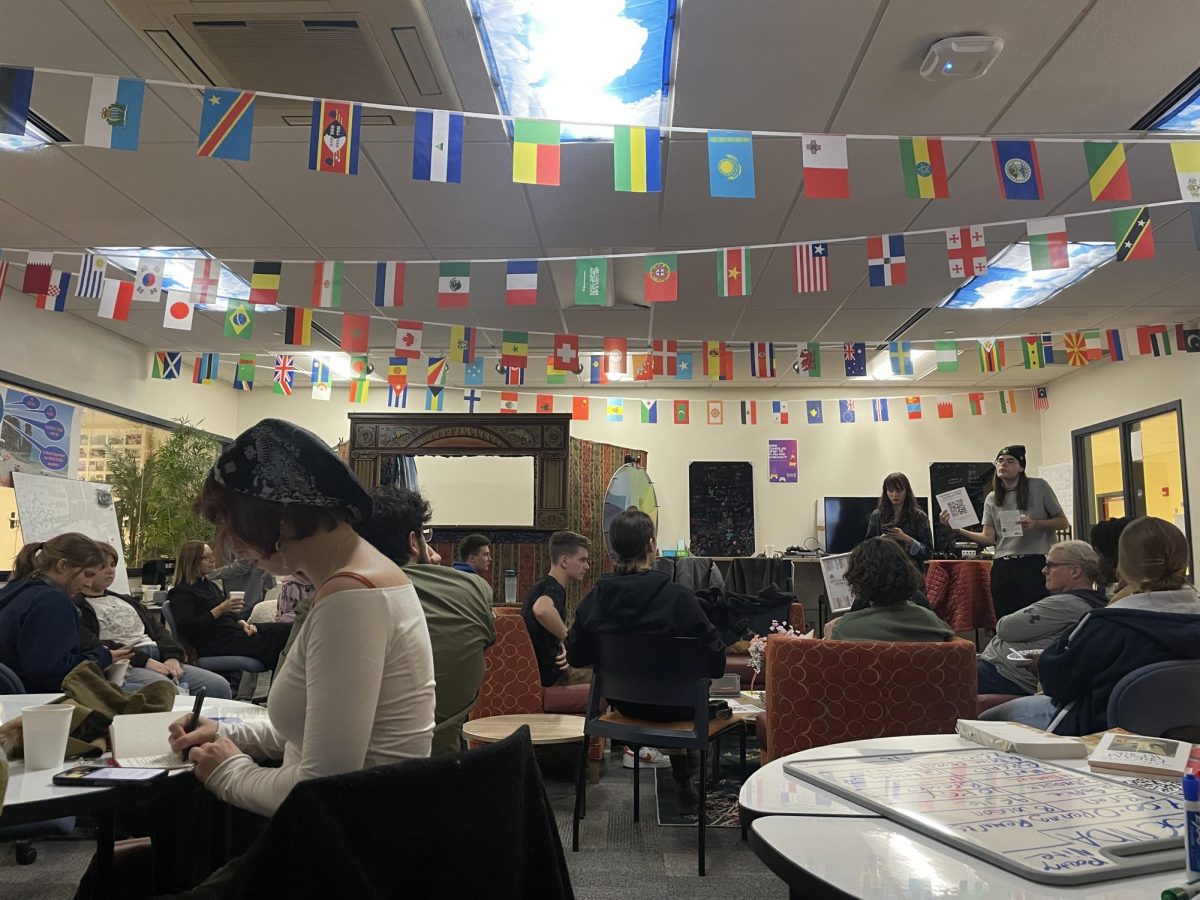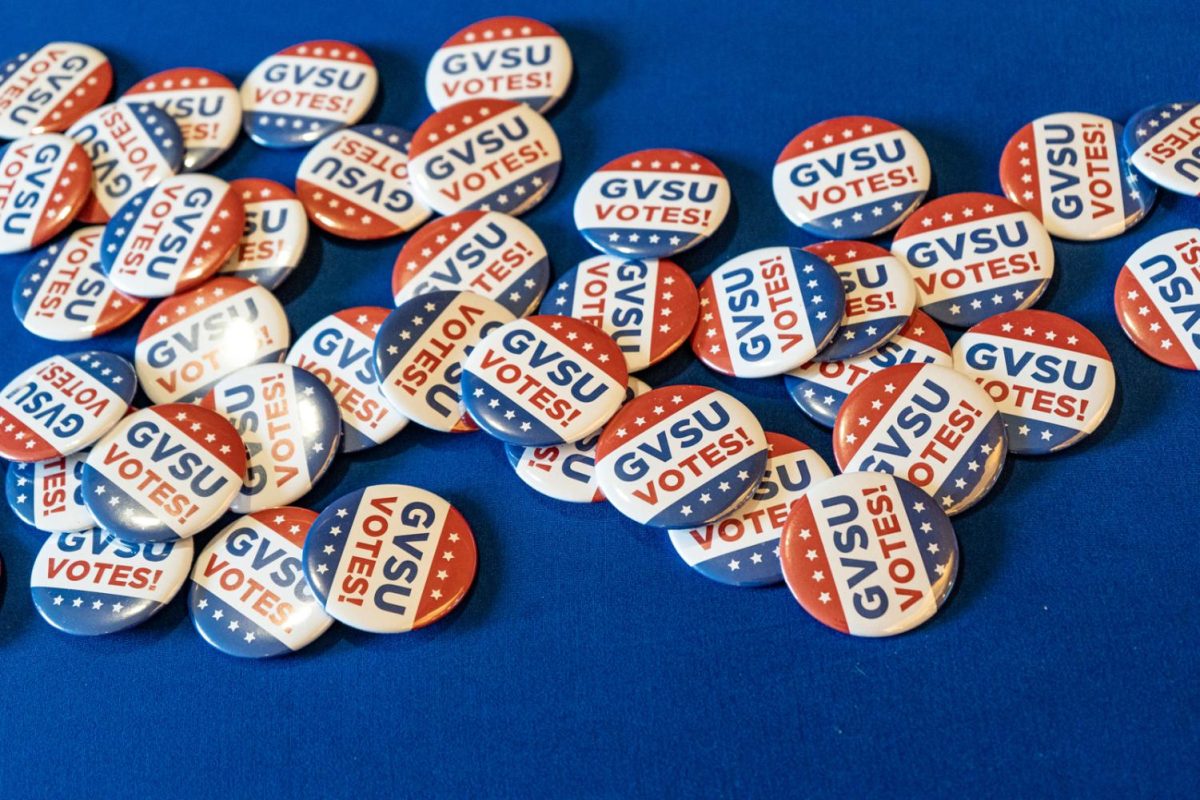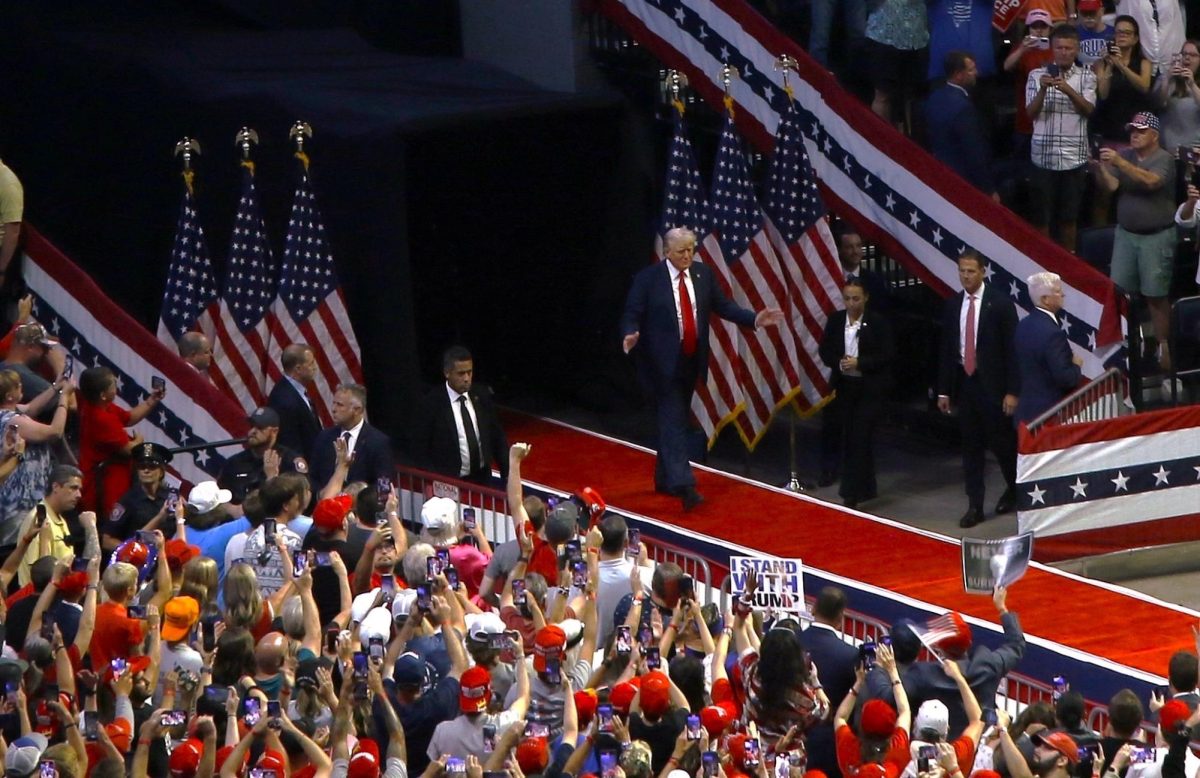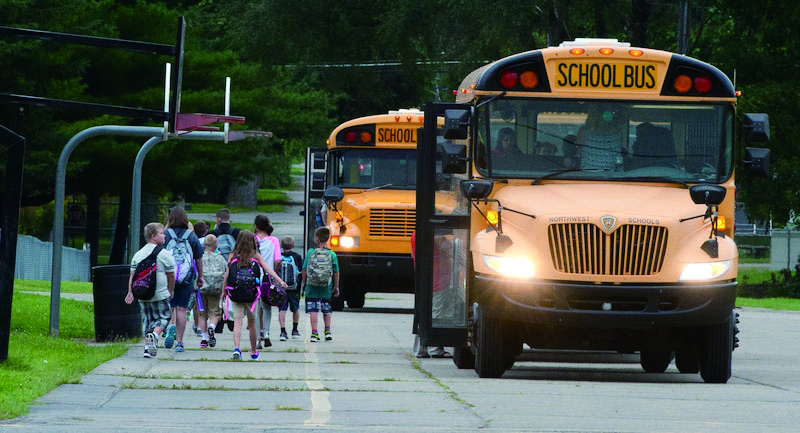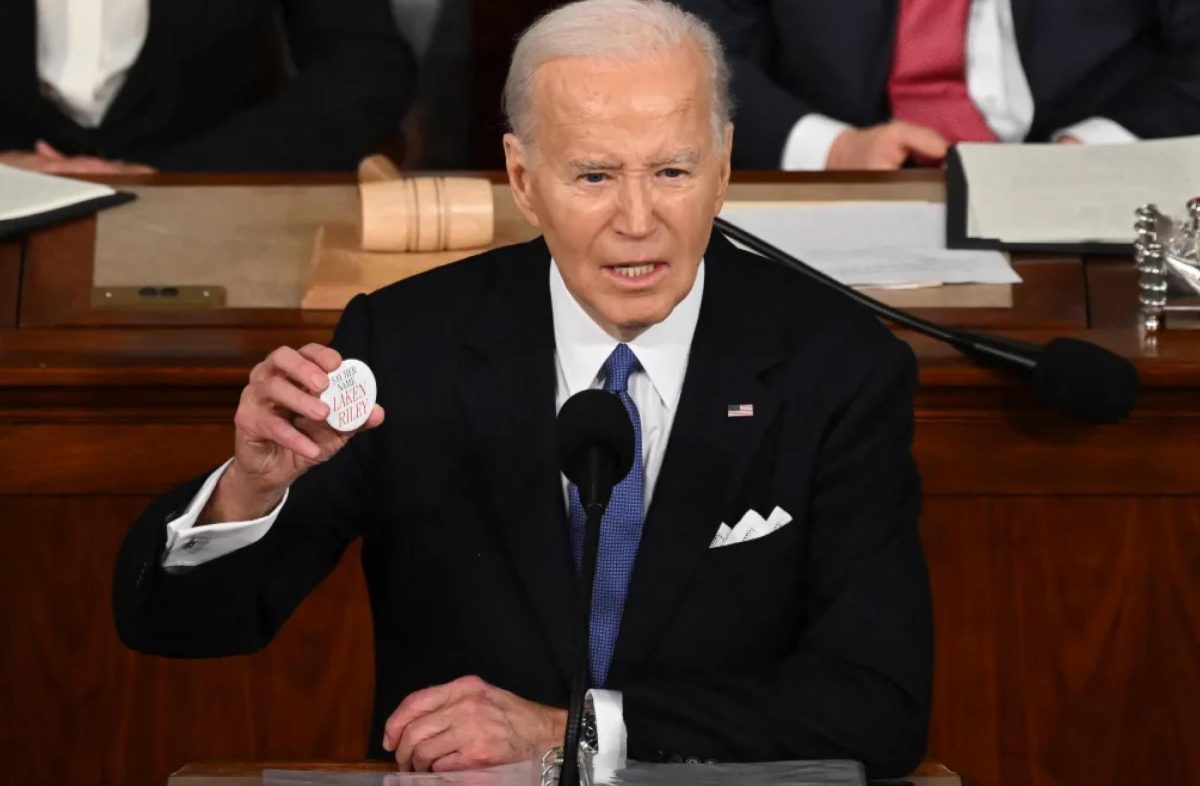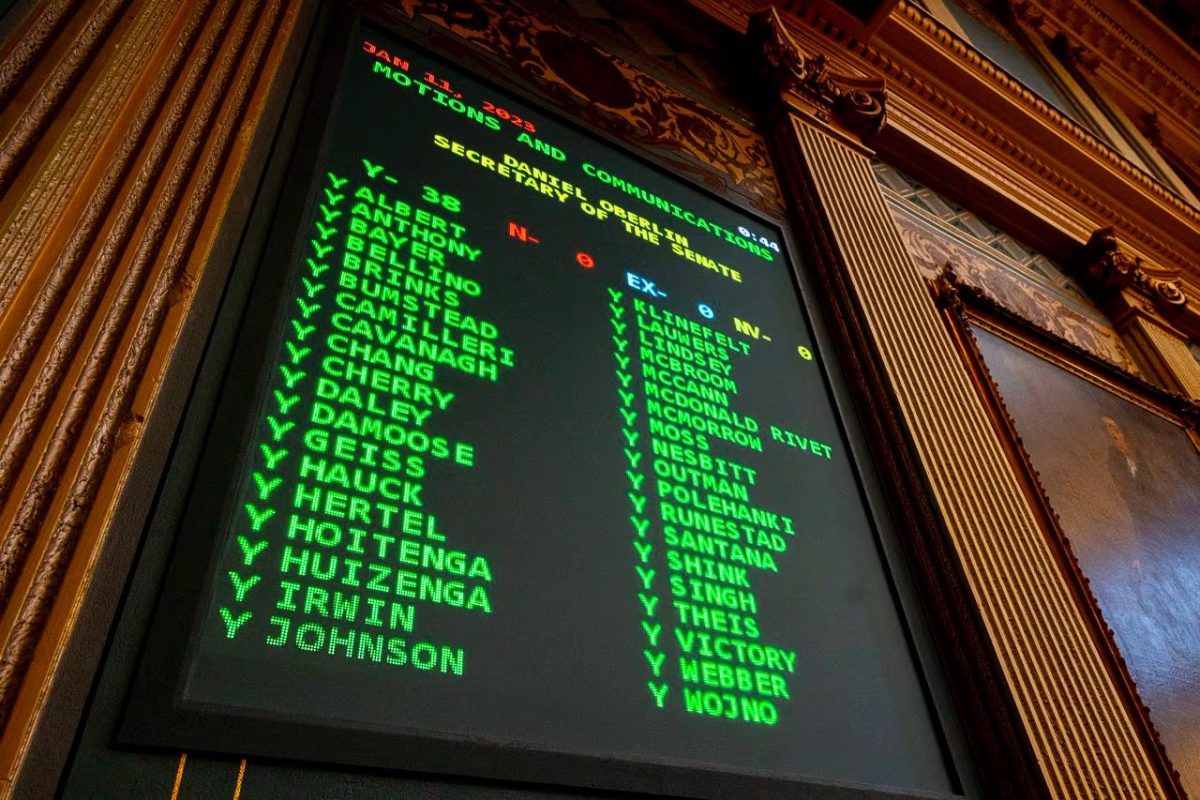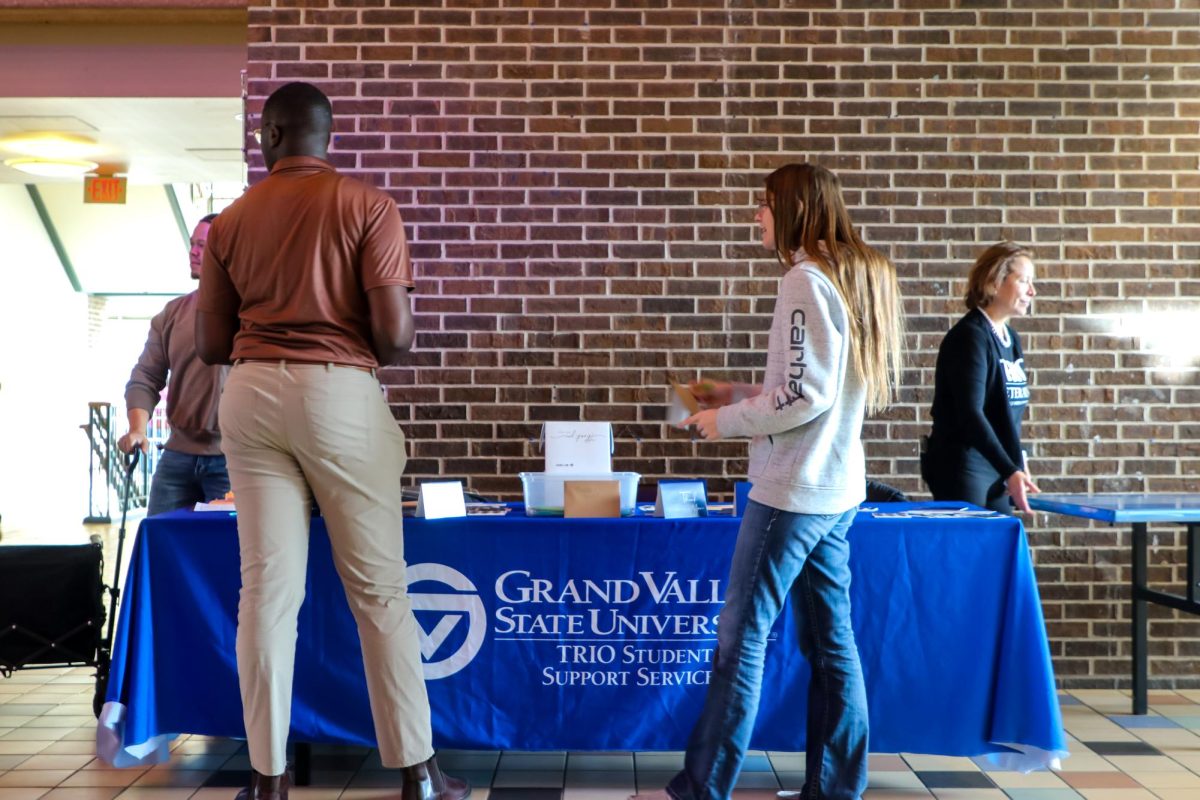On Tuesday, Nov. 8, Michigan residents voted on a number of local issues in addition to mayoral candidates, which may change the future of the state.
The Democrats temporarily lost control of the House but ultimately did well for themselves, especially in the important mayoral races in Warren and Westland, Michigan. Rep. Lori Stone and Rep. Kevin Coleman, of Warren and Westland, respectively, won the race for mayor of their city. Some say these wins may speak to the strength of whomever the Democratic Presidential candidate will be next year.
Another main issue of these elections was the availability of medical cannabis in four Michigan communities, namely Birmingham, Rochester, Keego Harbor and Grosse Pointe Park. All four communities voted against a proposal to allow cannabis dispensaries to operate within their limits.
Even with local results and opportunities for change, many young people are hyper-focused on next year’s election, especially students at Grand Valley State University.
GVSU student Nikolas Tompkins, 21, said he is happy with the way the state is represented in the legislature.
“Honestly, keeping the state blue is the most important issue to me,” Tompkins said. “I like the direction our state government is heading, and I’d like to see that continue.”
Many students are aware of their value to political candidates; their role as the voters and economic power players of the future makes them an invaluable asset to any political group. Tompkins said often young people vote more Democratic and said he was pleased with this result.
“As we’re seeing in states like Virginia and Ohio, young people are one of the most important demographics when it comes to elections currently,” Tompkins said. “Young people are voting notoriously blue and we are seeing a blue wave across the country, even in notoriously red states like Kentucky.”
Tompkins said the Democratic Party has shown itself to be particularly adept at getting younger voters involved especially since the election of former President Barack Obama in 2008.
“I think Democratic candidates are doing a good job tapping into this demographic, while it seems like Republican candidates are all but trying to suppress them and turn other voting demographics against them,” Tompkins said.
For Tompkins, there are a few issues that remain important nationally, namely the legalization of abortion and cannabis. He also discussed economic equality as a sticking point, especially for students.
“The tax system needs heavy reform and needs to start actually making corporations and billionaires pay a larger percentage of taxes,” Tompkins said. “Billionaires should not exist, period.”
Another GVSU student, Caleb Pratt, 21, echoed his support for the legalization of cannabis amongst other issues.
“I think that better healthcare plans and legalization of marijuana on a federal level are two glaring issues our country needs to face,” Pratt said.
Like Tompkins, Pratt also emphasized the impact that younger voters can have on any election. He spoke about the power of social media and dissemination that can make ideas “contagious” in the digital age.
“I do believe certain candidates try to appeal to the younger generation because we have a much larger communication sector that we take advantage of, and that can be very beneficial to candidates,” Pratt said.
Additionally, Pratt said he would appreciate more transparency from the state and federal governments as a whole.
“I believe there should be thorough investigations done on the United States Department of Defense, not only to locate the trillions of dollars in ‘missing’ funds, but to move forward as a race of humans, and uncover the secret technology and knowledge that we have on our planet and environment,” Pratt said.
GVSU alumni David Johnston, 26, said every person has one vote available to themselves and should remember that impact is not limited if one chooses to use their voice.
“Individually each young American can have the same exact measure of impact as all Americans do, but the young/first-time voter demographic is much more ideologically diverse than it’s given credit for,” Johnston said. “Because of this, its impact is overlooked, undervalued and hard to mobilize effectively to consistently provide political momentum.”
It is clear that students and citizens alike have opinions that they will continue to voice, especially with their respective votes in the 2024 presidential election.




